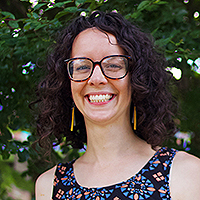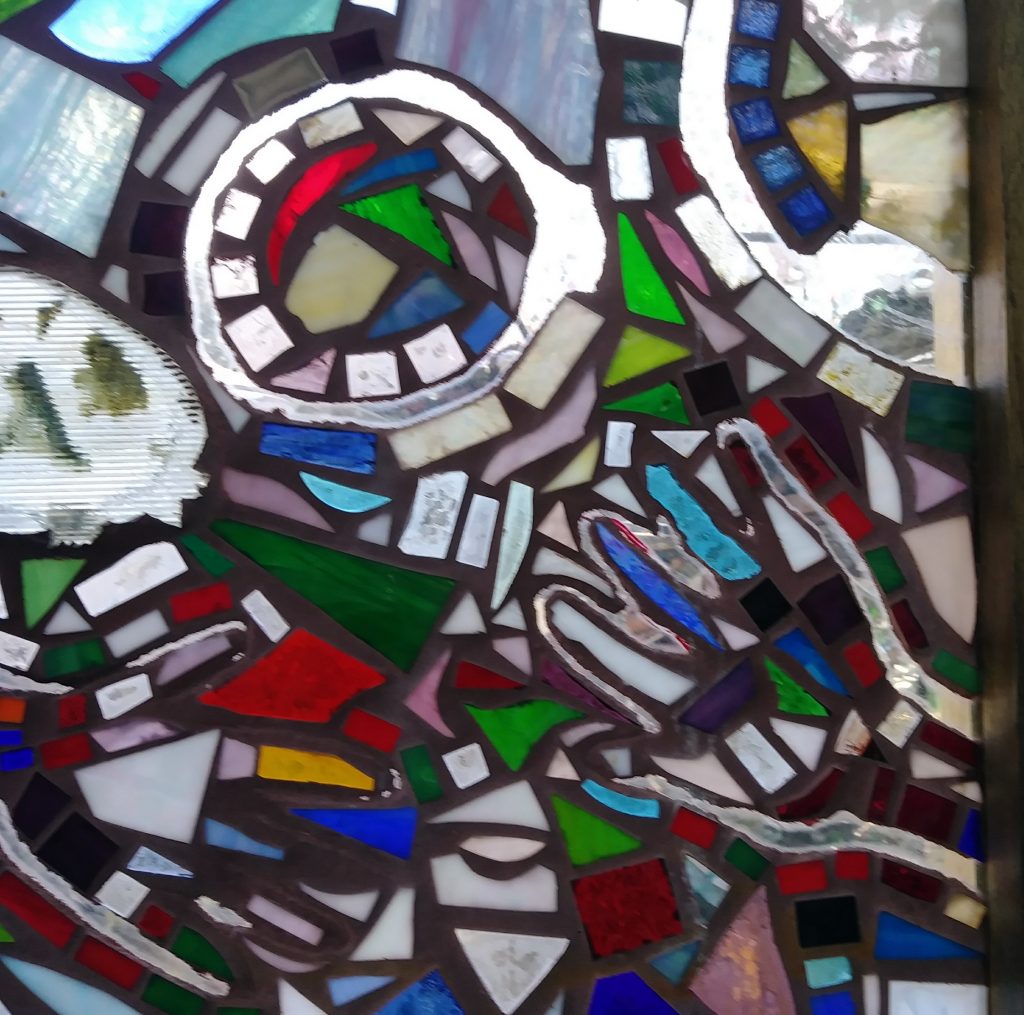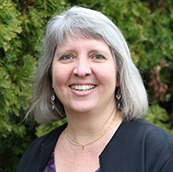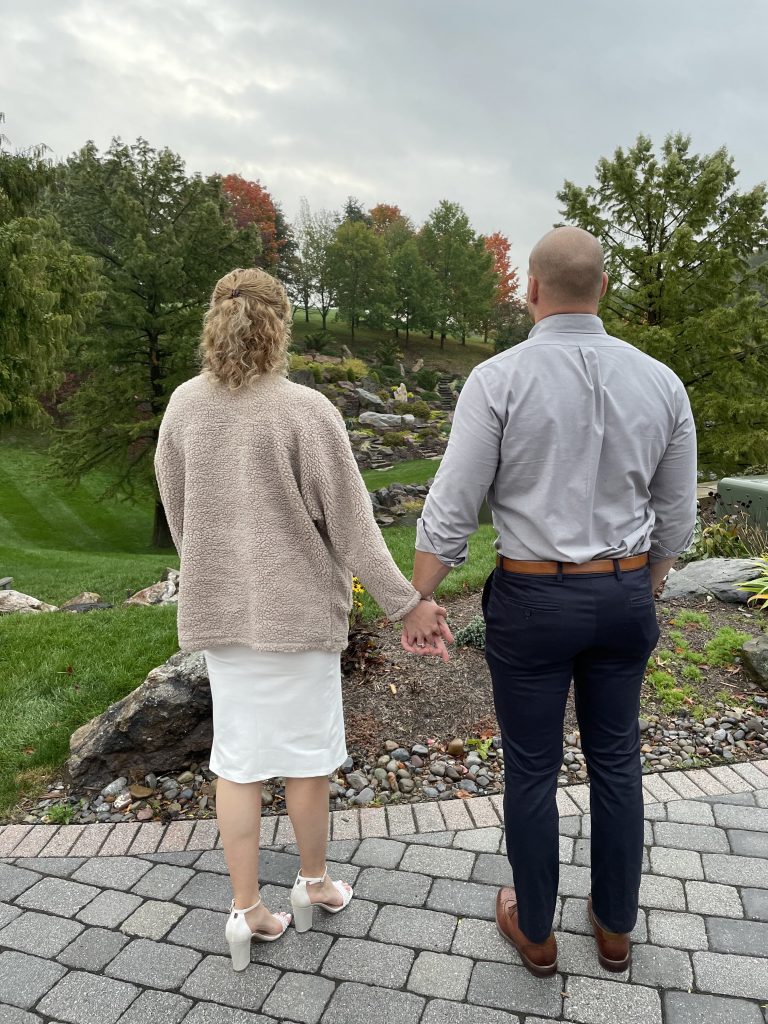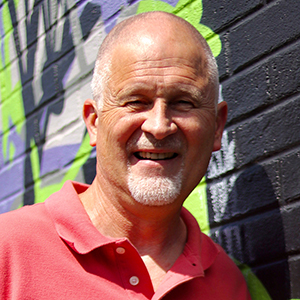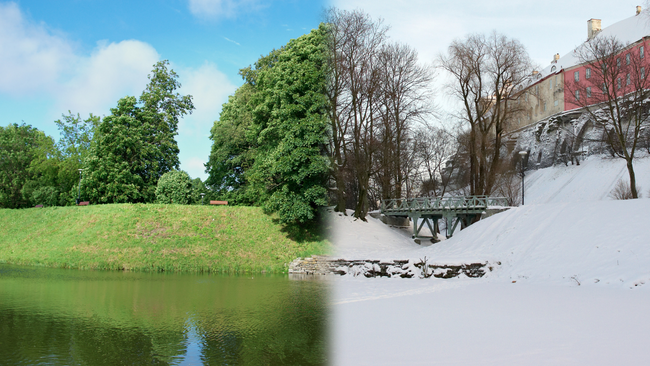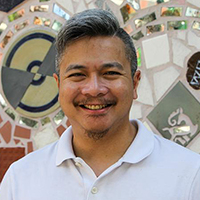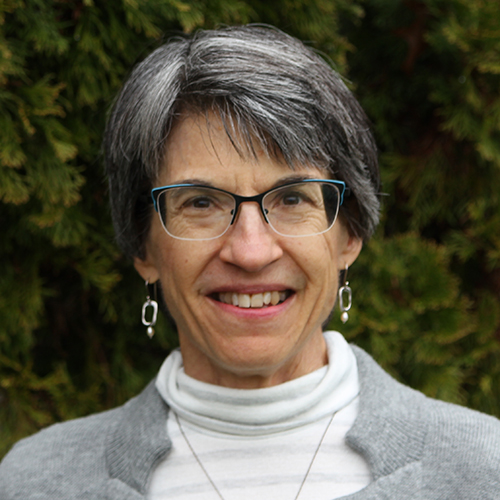By Cindy Angela
In life, we are often asked to wait. We wait through long, year-long processes as well as doctor’s appointments; we wait for small things like food take-out and large milestones, like buying our first house. There are times when we need to wait, and waiting is not easy.
At least it’s never easy for me.
We’re so used to having everything in an instant, especially in this day and age of technological advancements. Photos that used to take weeks to develop, now appear on our phone instantly and can be shared with hundreds of others with a touch of a button. In the age of social media, we’re constantly overstimulated with ideas, information, pictures, and it all screams “NOW! NOW! NOW!” and it makes waiting even more difficult.
Time keeps passing as I keep waiting. Maybe you’re in the same position as me, waiting for an answer, decision, resolution, or closure.
As part of my new year’s resolution, I took a break from social media. During this time, I was able to reflect upon a waiting period that God has put upon my life. I realized some of the benefits of waiting, and it made my relationship with God even stronger.
1. Waiting forces us to slow down
I am a fast-paced person by nature. So when God told me to “wait,” in a way, God is telling me to slow down. When I was a kid, my mom would tell me all the time, “Eat slowly so you don’t choke.” By slowing down, I can be gentler on my physical, emotional, and spiritual self.
2. Waiting makes us pay attention to (and even appreciate) the little details
Last year, my husband and I took a 9-hour road trip to Charlotte, NC. While I could have taken a plane, saving me hours of travel time, I didn’t mind the extra hours spent on the road. I got to enjoy the scenery, visit new places, and had many great conversations. The extra added time can make us pay attention to and appreciate the little details.
3. Waiting helps us get a better understanding of God’s eventual answer
While I believe that God will always provide an answer for us, I learned that God’s answer can range from “yes” to “no” to “wait” (or “wait some more”). The waiting period has helped shape my understanding of God’s eventual answer. I look back at those waiting periods and understand why God told me to wait and to trust in His timing. Waiting helped me to trust God more and to develop a stronger relationship with Him.

“But those who trust in the Lord will find new strength.
Isaiah 40:31, NLT
They will soar high on wings like eagles.
They will run and not grow weary.
They will walk and not faint.”
As I wait, I’m praying and trusting God, that He will be with me in every step of the way. And as we wait, we might as well enjoy the ride.

Cindy Angela
Cindy Angela is the Digital Communication Associate for Mosaic Conference. She attends Philadelphia (PA) Praise Center, and she lives in Philadelphia with her husband, Andy.


